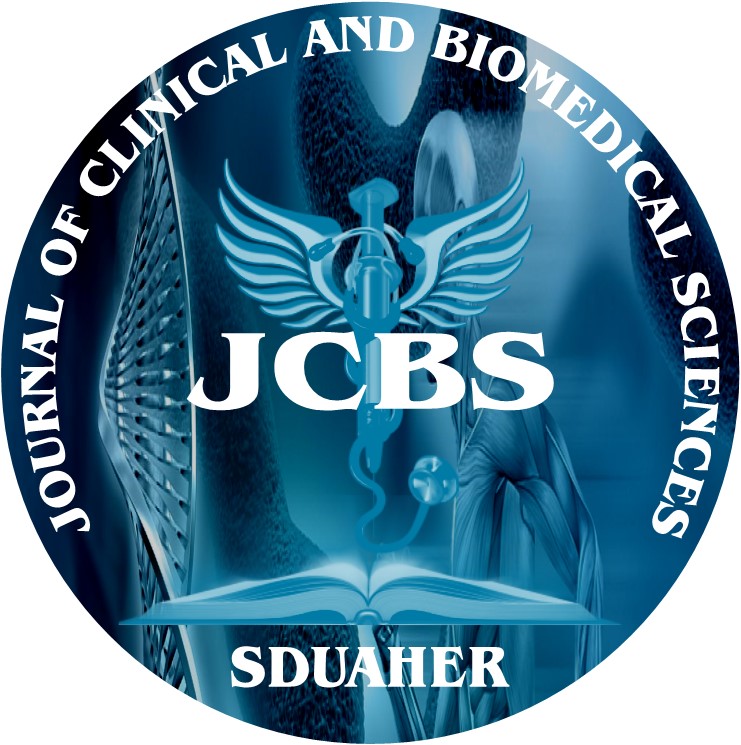


Journal of Clinical and Biomedical Sciences
Year: 2012, Volume: 2, Issue: 4, Pages: 157-161
Review Article
Krishnaswamy PR & Kutty AVM
(Department of Allied Health Sciences) Sri Devaraj Urs Academy of Higher Education and research Tamaka, Kolar 563 101, Karnataka
It has happened before several times. In over a century of Nobel prize awards, the distinction in physiology and Medicine mainly and in chemistry to some extent, have been conferred on scientists who are physicians and also on chemists, biologists / molecular biologists or cell biologists, geneticists etc., in their basic or primary interest and pursuit. In other words, “Physiology and Medicine” has the unique distinction of deserving of Nobel prizes by outstanding non-physicians more frequently, than any other discipline. Also noteworthy is the fact that prizes in chemistry have been conferred upon physicians, microbiologists and biological chemists. In fact, the prizes have revealed a phenomenon that medicine has no boundaries among chemical, biological, physical disciplines and has been enriched by discoveries on the chemical basis of life processes. In fact, the great biochemist of the last century Arthur Kornberg himself, a physician scientist and the discoverer of DNA synthesizing enzymes never missed an opportunity to confirm his conviction that chemistry is the language of life (read medical sciences). All this to say that science in general, and medicine and medical sciences in particular have no boundaries. For progress in medical education, research and applications in health care this is a vital ideology. Nobel prizes in 2012 for physiology and medicine and for chemistry provide yet another striking evidence, to such an inherent characteristic of medical/biomedical science and its progress.
Subscribe now for latest articles and news.